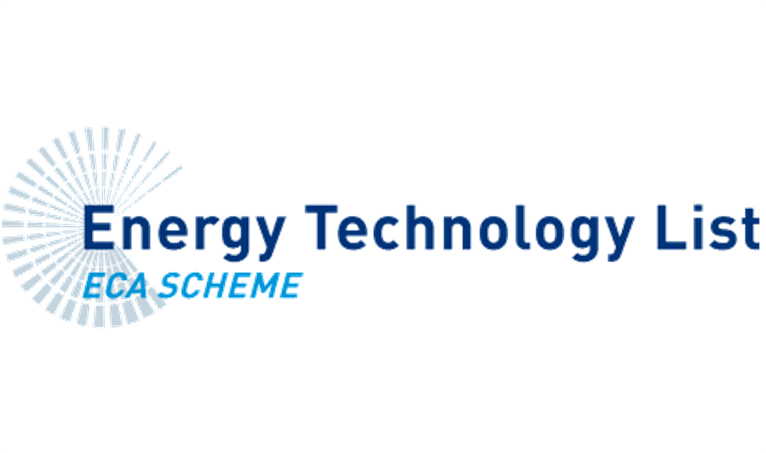Our News
Energy Efficiency and Tax Relief for Businesses

Are you a business that wants to lower their carbon footprint but think the kit or tech required is too expensive, pushing it out of your price range? There may be opportunities to offset the cost against your tax, which could potentially make what first seemed expensive a far more reasonable and realistic prospect.
We recently spoke with Lesley Jones, Director of Corporate Tax at Crowe U.K. LLP (a leading audit, tax, advisory and risk firm) about the Energy Technology List, part of the Enhanced Capital Allowance Tax Scheme. This is what she told us:
“One of the main tax incentives around energy technology currently, is that businesses can claim 100% capital allowances on certain capital expenditure that qualifies as energy efficient.
“The scheme is very prescriptive as to what qualifies – HMRC has a list of categories which is updated from time to time, and the exact make and model need to be approved and on the list to qualify.
“It can also be useful for manufacturers of such items who can apply to have their products added to the list.
“It’s great for people who are interested in energy-efficient assets anyway and can also speed up tax relief for businesses even if the item is a bit more expensive initially.
“However, at the moment, the other form of immediate tax relief (called the Annual Investment Allowance) is at quite a high level which can mean there is no need to access the 100% deduction this way, depending on the spend of the financial year. It is worth considering though and the opportunity to save on running costs is attractive too.”
The following information is reproduced from Gov.UK and may be subject to change.
Overview
The ETL (or Energy Technology Product List, ETPL) is a government-managed list of energy-efficient plant and machinery, such as boilers, electric motors, and air conditioning and refrigeration systems that qualify for full tax relief. For a product to be on the ETL, it must meet specific energy-saving or energy-efficient criteria. It is part of the Enhanced Capital Allowance (ECA) tax scheme for businesses.
Buyers – If you’re a business that pays income or corporation tax, you’ll be able to claim 100% first-year capital allowance on a product if it’s on the ETL at the time of purchase.
The Department for Business, Energy and Industrial Strategy (BEIS) annually reviews the technologies and products that qualify for inclusion. The ETL is managed on behalf of BEIS by the Carbon Trust.
Products included:
- Air to air energy recovery
- Automatic monitoring and targeting (AMT) equipment
- Boiler equipment
- Combined heat and power (CHP)
- Compressed air equipment
- Heat pumps
- Heating, ventilation and air conditioning (HVAC) equipment
- High-speed hand air dryers
- Lighting
- Motors and drives
- Pipework insulation
- Refrigeration equipment
- Solar thermal systems
- Uninterruptible power supplies
- Warm air and radiant heaters
- Waste heat to electricity conversion equipment
For more details about eligible product types and the amount of energy they save, see the technology factsheets about ETL product types.
The Department for the Environment, Food and Rural Affairs (DEFRA) leads on the Enhanced Capital Allowance Scheme for water-efficient technologies and issues revised water technology criteria and product lists.
Enhanced Capital Allowance (ECA) scheme
The ECA scheme means that a business can invest in energy-saving plant or machinery that might otherwise be too expensive.
The first-year allowances let businesses set 100% of the cost of the assets against taxable profits in a single tax year. This means the company can write off the cost of the new plant or machinery against the business’s taxable profits in the financial year the purchase was made.
An ECA is claimed through a business’s income or corporation tax return in the same way as any other capital allowance. HM Revenue and Customs are responsible for the tax-related aspects of the ECA scheme.
As with anything tax-related, schemes such as this and the requirements are subject to change. Please conduct further reading and consult industry experts before acting on what you’ve read in this article.